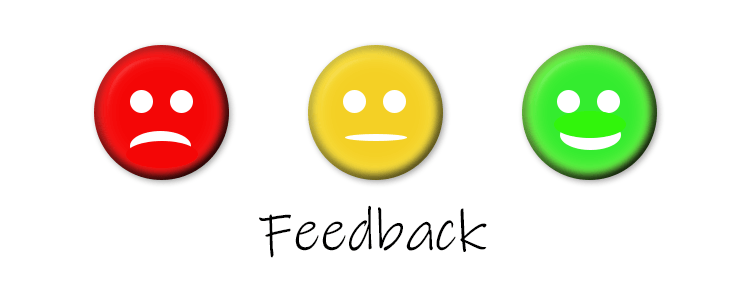Don't stress out!
J.C. • 15 December 2019
Stress in the workplace! Don't let it eat you up!
Stress is a fact of modern life. Surveys show that one of the biggest causes of stress in today’s society is the work place.
Everyone works with some degree of stress in their lives. Pressure is part and parcel of work and can have a positive effect that helps to keep us motivated. Some stress focuses your attention to meeting your targets or working to a set deadline, but too much stress can be detrimental to your efforts and can lead to a variety of problems and illnesses.
This article will be looking at some of its causes and simple ways to relieve and manage stress.
Excessive pressure can lead to high levels of stress, which undermines performance, is costly to employers and can make people ill. Technically ‘Stress’ is not a medical condition, but it can lead to illness. The Health & Safety Executive define stress as 'the adverse reaction people have to excessive pressure or other types of demand placed on them'.
There are numerous factors that can cause stress in the workplace. If some of these can be reduced then stress levels should fall dramatically. For example:
Prioritise your workload. Make a list of things you have to complete each day so that you can cross things off as you finish them. This allows you to see your progress as you go along so you feel a sense of achievement and physically see your work load lessening.
Learn to delegate. Pass small tasks to assistants or other team members so that you don’t feel like you have to be in multiple places at once. Too many demands on your time can be very stressful so you should also learn to say NO.
Accept your limitations. You cannot do everything at once. If you arrive to work on Monday to almost 200 emails you will immediately feel your stress levels rising, what a way to start the week! Accept that it will take time to deal with and you just have to sit there and go through each one dealing with other duties as they arose. It may take many hours but finally once you have checked them all you will felt better for it. The longer you leave it, the higher your stress levels will be.
Symptoms of Stress
Physical symptoms can include: Backache, Fatigue, Muscle tension, skin rashes, Breathing difficulties, Headaches, Chest pains, Changes in menstrual patterns, Sweating palms, dry mouth and nervous twitches (though this list is by no means exhaustive).
Behavioural symptoms can include: Absenteeism, Erratic moods, increased use of alcohol/tobacco and Loss of appetite.
Emotional symptoms can include: Anxiety, Irritability, Low self-esteem and confidence, Depression, Fear and panic, Poor sleep, Aggression, Inappropriate behaviour, Withdrawal from social contacts and Mood swings.
Stress Relief
In most workplaces, work related stress cannot be eliminated totally however you can change how you react to overly stressful factors.
I find that the best way to cope with my rising stress levels is to recognize and accept it when it happens. Understanding the early warning signs gives you the opportunity to deal with it.
There are numerous simple steps to relieve some of the stress. One is to close your eyes, take deep breaths (in through your nose and out of your mouth) and try to relax your body. The unconscious tensing of muscles adds to your stress level which in turn makes you tense up even more.
Try applying pressure to acupuncture points such as the bridge of the nose or the temples. Rub the skin lightly and imagine the tension in your head and neck floating away.
Consider your diet. Try to cut down on coffee and other stimulants like chocolate as these can add to the symptoms of stress.
Outside of the office consider starting yoga or Tai Chi, joining a gym or start swimming. Talk to your family so they understand the pressures that you are feeling, a problem shared is a problem halved.
Regardless of what job you do, it is inevitable that you will find yourself in stressful situations.
Work related stress does not have to become overwhelming in your life. Managing stress is an important skill that all employees should learn. Set aside time to deal with these problems and devise strategies to deal with your stressful situations. Talk with your manager and colleagues. Sometimes realising that others around you are also feeling the pressure helps, as you don’t feel like you are alone.
The main message is to devise strategies that allow you to cope with stress while at work rather than bringing it home with you at the end of the day. Stressful situations do not last forever. The economy will pick up, people will always want to travel, there is light at the end of the tunnel and most importantly remember you are not alone in feeling stressed.








